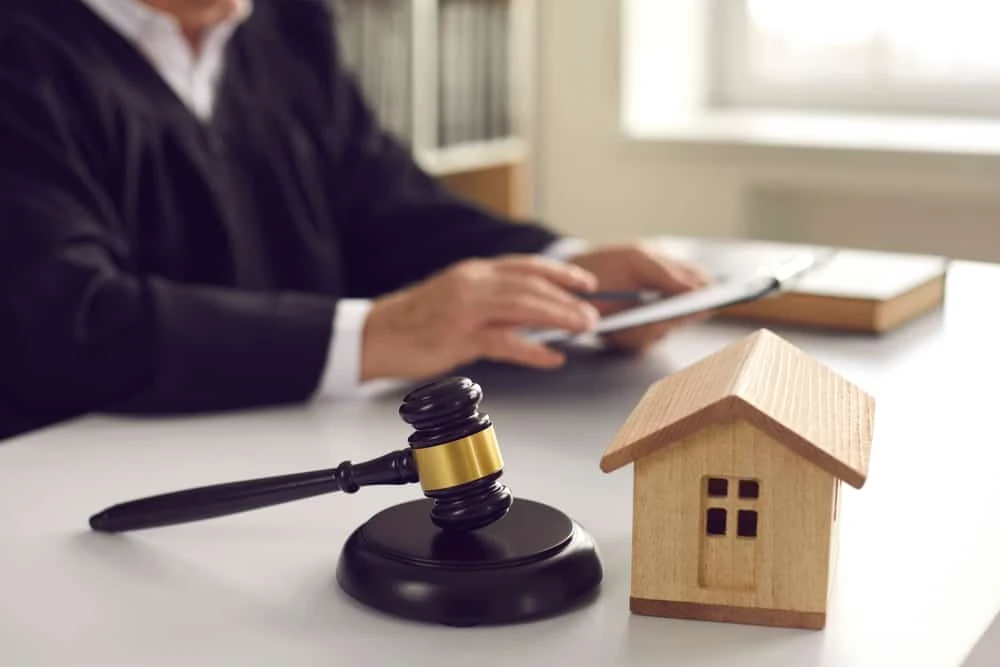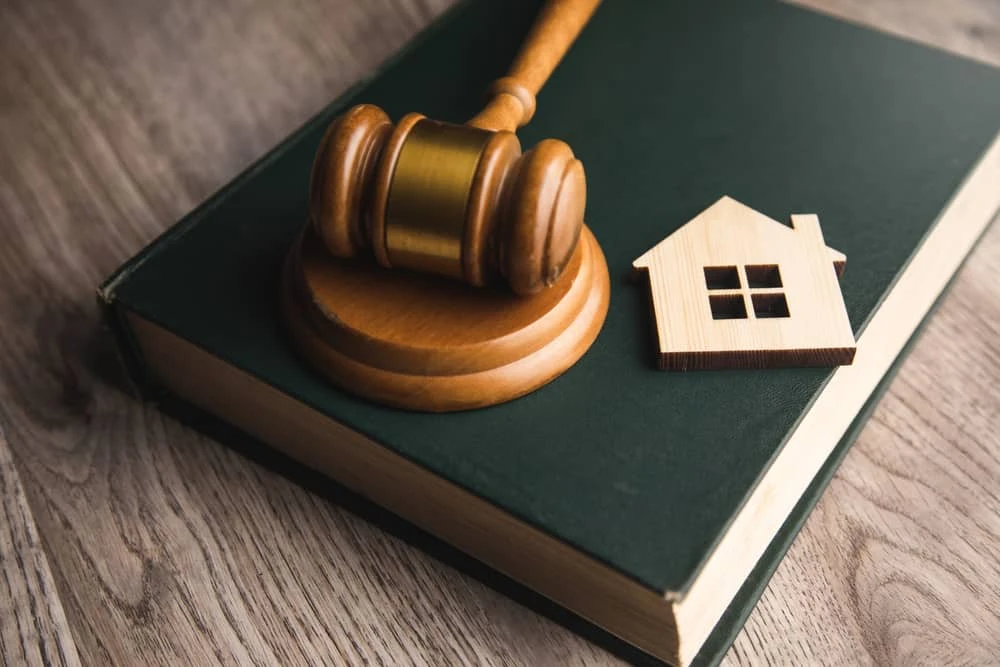Get the foreclosure defense you need to protect your family’s future and explore every option available.

Hear from Our Customers

You sleep better knowing those threatening letters aren’t the final word. Your family stays in the home you’ve worked years to build equity in, and your kids don’t have to change schools mid-year.
When foreclosure proceedings halt, you get breathing room to negotiate with your lender from a position of strength rather than panic. Many homeowners discover they qualify for loan modifications, payment deferrals, or other programs they never knew existed.
Your credit takes less of a hit because you addressed the problem before it spiraled completely out of control. Instead of watching your financial future crumble, you’re actively rebuilding it with professional guidance and a clear plan forward.
We have been helping South Ozone Park homeowners navigate foreclosure challenges for years. We understand how Queens County courts operate and what local judges expect in foreclosure defense cases.
You’re not getting a cookie-cutter approach from a high-volume bankruptcy mill. When you work with us, you get attorneys who actually know your neighborhood, your local court system, and the specific challenges homeowners face in this area.
We’ve seen what works and what doesn’t when it comes to stopping foreclosure in Queens County. That experience means we can give you realistic expectations and focus on strategies that actually succeed in our local courts.

We start by reviewing every piece of paperwork in your foreclosure case. Lenders make mistakes more often than you’d think, and those mistakes can stop foreclosure proceedings completely.
Next, we contact your mortgage servicer directly. When they’re dealing with an attorney instead of a distressed homeowner, conversations change fast. We know what questions to ask and what documentation to demand.
Then we explore every option available to you – loan modification, forbearance, short sale, or fighting the foreclosure in court. We’ll tell you honestly which options make sense for your specific situation and which ones are just wasting time.
Throughout the process, we handle all communication with the court, your lender, and their attorneys. You get updates on what’s happening, but you don’t have to field threatening phone calls or decipher legal documents on your own.

Ready to get started?
You get a complete review of your mortgage documents and foreclosure paperwork to identify any procedural errors or violations. Many foreclosures in New York get dismissed because lenders can’t prove they have the right to foreclose.
We handle all negotiations with your mortgage servicer for loan modifications, payment plans, or other loss mitigation options. These conversations require specific documentation and follow strict timelines that most homeowners don’t know about.
If your case goes to court, you get experienced foreclosure litigation attorneys who know Queens County judges and local court procedures. We’ll represent you at every hearing and filing, so you don’t have to navigate the legal system alone while dealing with the stress of potentially losing your home.
